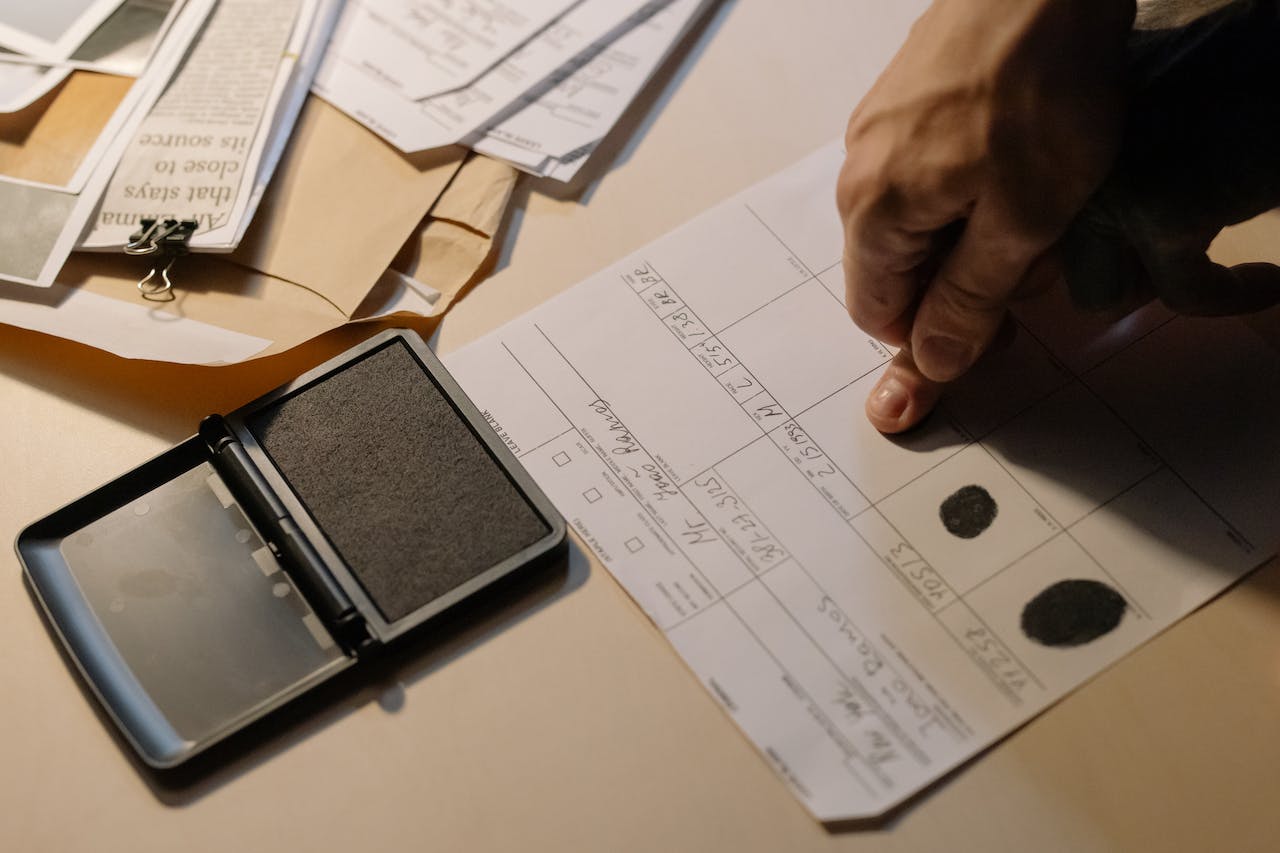Going through a divorce often signifies a profound period of change and transition, and for many, this includes the decision to change their name. In the UK, the process of changing name after divorce, either reverting to one’s maiden name or choosing a new surname, is both an emotional journey and a practical consideration. For some, it represents a symbolic shedding of an identity linked to a shared past, while for others, it’s a practical step towards a new beginning.
Understanding the legal process of changing name after divorce in the UK is crucial. It involves more than just an emotional decision; there are legal documents to update, formalities to complete, and various institutions to notify. Familiarising oneself with the steps to change your name after divorce is essential to ensure a smooth transition into this new chapter of life.
Understanding the Decision to Change Name After Divorce
Emotional Significance
The decision to change one’s name after a divorce is often laden with emotional significance. It can be seen as reclaiming one’s identity or starting anew. In the UK, where personal identity is often closely tied to one’s name, this change can represent a significant psychological step.
Personal Identity and New Beginnings
For many, reverting to a maiden name or choosing a new surname is about creating a fresh start. It’s a powerful statement of independence and self-determination. This change can affect how one is perceived in social and professional circles and can be an integral part of redefining oneself post-divorce.
Statistical Insights
While specific statistics on how many people change their name after divorce in the UK are not readily available, it’s a common practice. Anecdotal evidence suggests a significant number of individuals opt for this change. The reasons vary widely, from the desire to share a name with children to the need for emotional closure. Understanding that changing one’s name post-divorce is a common and accepted choice can provide comfort and solidarity to those considering this step.

Legal Considerations of Changing Name After Divorce
When considering changing name after a divorce in the UK, it’s essential to be aware of the legal implications and processes involved. Navigating these correctly ensures your name change is recognised by all necessary parties, from government departments to financial institutions.
Overview of Legal Implications and Processes
In the UK, the process to change your name after a divorce is relatively straightforward, especially if you’re reverting to your maiden name. If your divorce decree (decree absolute) includes a section permitting you to revert to your maiden name, you can use this document as legal proof of your name change. This decree absolute is crucial as it formally ends your marriage and is recognised by all UK government entities.
If you wish to adopt a completely new name or your decree absolute does not mention a name change, you may need to complete a deed poll. A deed poll is a legal document that proves a change of name. You can apply for a deed poll through various channels, including solicitors or reputable online services. Once the deed poll is completed, it must be signed and witnessed, formally recording your new name.
Differences in Name Change Laws by State or Country
Unlike some countries, the UK does not have regional variations in the law regarding name changes post-divorce. The process and legal requirements are consistent across England, Wales, Scotland, and Northern Ireland. However, if you’re living abroad or have dual citizenship, you should also consider the legal requirements of your other country of residence or citizenship. Name change laws can vary significantly from one country to another, and it’s important to ensure your new name is legally recognised in all jurisdictions relevant to you.
Importance of Legal Advice
Seeking legal advice is always a wise step when changing name after a divorce. A solicitor can provide guidance on the most suitable route for your name change, ensure all legalities are correctly handled, and offer advice if you encounter any complexities, such as changing your children’s names or updating legal documents. They can also assist in ensuring all relevant parties are notified of your name change, such as the HM Passport Office, DVLA, HM Revenue and Customs, banks, and other institutions.
Legal advice becomes particularly important if you are considering a more complex name change, such as combining surnames or creating a new name entirely. In these cases, the expertise of a legal professional ensures that your name change is conducted in accordance with UK law and is universally recognised.

Changing Name After Divorce: A Step-by-Step Checklist
Navigating the process of changing name after a divorce in the UK requires a structured approach. This checklist will guide you through the necessary steps, ensuring nothing is overlooked.
Preliminary Steps
- Decision-Making and Personal Reflection: Consider why you want to change your name and what you want your new name to be. This decision is personal and requires careful thought, especially if you’re considering a name other than your maiden name.
- Consulting Legal Documents – Divorce Decree Mention: Check your divorce decree (decree absolute). If it includes permission to revert to your maiden name, this document can be used as legal proof of your name change. If not, or if you wish to choose a different name, you’ll need to complete a deed poll.
The Legal Process
- Filing a Petition for a Name Change: If your decree absolute does not cover the name change, or you want a different name, apply for a deed poll. You can do this through a solicitor, or directly via various online services.
- Necessary Legal Documents and Identification Needed: To complete a deed poll or to update records, you will need your current identification (such as your passport or driving licence) and your divorce documents, including the decree absolute.
- Court Appearances and Hearings: Generally, for a straightforward name change post-divorce, there are no court appearances or hearings required in the UK.
Post-Change Formalities
- Updating Government-Issued IDs (Driver’s License, Passport): Once your name change is legal, update your driver’s licence with the DVLA and your passport with the HM Passport Office.
- Social Security and Tax Records: Inform HM Revenue and Customs (HMRC) of your name change to ensure your tax records are correct.
- Banking and Financial Information: Notify your bank and any other financial institutions of your name change to update your accounts and cards.
Notifying Relevant Parties
- Employers and Professional Contacts: Inform your employer and update your professional records, including email and business cards.
- Utility and Service Providers: Change your name on utility bills, phone contracts, and service accounts.
- Friends and Family: Let your friends and family know about your name change. This can be as formal or informal as you choose.
Special Considerations
- Impact on Children: If you wish to change your children’s names, this is a separate process and typically requires the consent of the other parent.
- Changing Professional Licences or Business Documents: If you have professional licences or run a business, these documents will need updating too.
- International Implications for Expats or Dual Citizens: Consider the implications and requirements in any other countries where you hold citizenship or residency.

Conclusion
In conclusion, changing name after a divorce in the UK is a significant step that intertwines both emotional and practical aspects. While it can symbolise a new beginning and personal independence, it also involves a series of legal and administrative steps. By following the outlined checklist above, from understanding the legal implications to updating various documents and notifying relevant parties, you can navigate this process with confidence and ease.
Remember, this journey is as much about personal transformation as it is about legal formalities, and taking it at your own pace, with the right support and information, can make it a positive step towards your new future.


